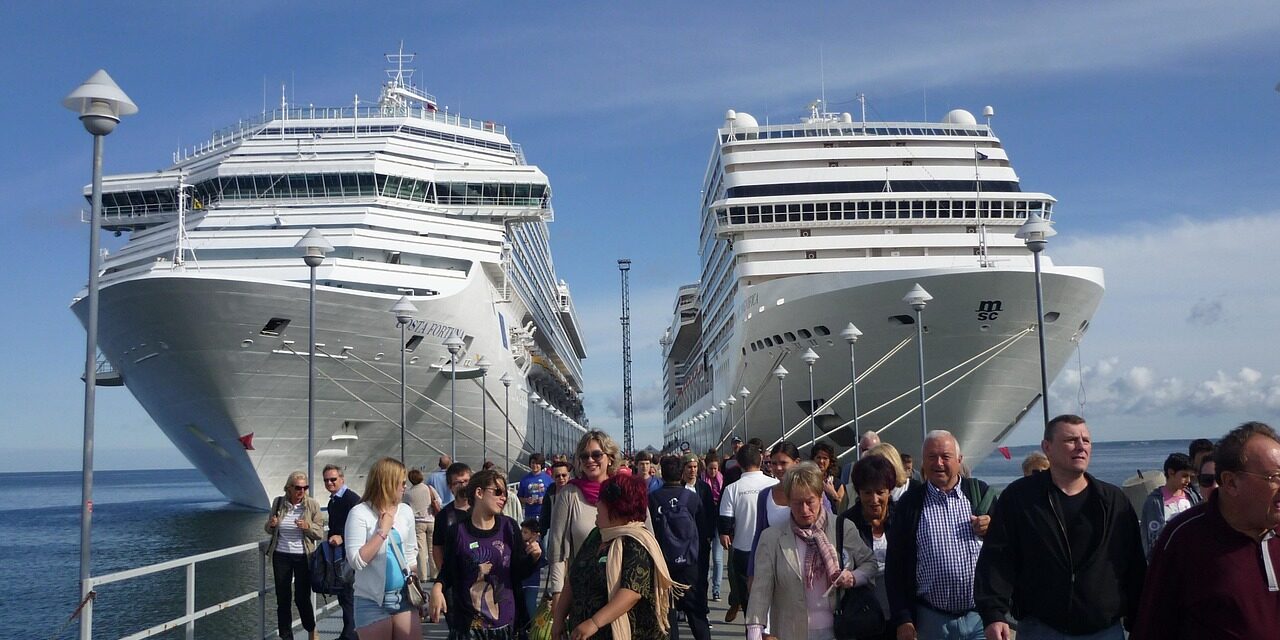Planning a cruise vacation should be exciting, not stressful. With millions of passengers sailing each year, the vast majority enjoy smooth, memorable experiences on the high seas. However, taking proactive steps to research and prepare can help ensure your next cruise adventure remains trouble-free from departure to return.
Research Your Cruise Line’s Safety Record and Reputation
Before booking, investigate your chosen cruise line’s track record for safety and customer satisfaction. The U.S. Coast Guard maintains inspection records for vessels operating in American waters, while international maritime organizations track global safety standards. Look for cruise lines that consistently meet or exceed safety regulations and have minimal incidents reported.
Check recent news coverage and industry reports about your cruise line. Pay attention to any patterns of mechanical issues, health outbreaks, or service disruptions. While isolated incidents can happen to any operator, recurring problems may indicate systemic issues worth considering. Consumer review websites and travel forums provide valuable insights from recent passengers about their actual experiences aboard specific ships and itineraries.
The Cruise Lines International Association (CLIA) membership can serve as a positive indicator, as member companies must adhere to specific safety and operational standards. Additionally, verify that your cruise line carries appropriate insurance coverage and has established procedures for handling emergencies or unexpected situations that might require legal assistance, including access to qualified offshore accident lawyer representation when needed.
Examine Your Specific Ship’s Maintenance History
Individual ships within a cruise line’s fleet can vary significantly in terms of condition and reliability. Research your specific vessel’s age, recent renovations, and maintenance record. Newer ships or those that have undergone recent refurbishments typically offer more reliable systems and modern safety features.
Look up your ship’s inspection history through maritime safety databases. The U.S. Centers for Disease Control and Prevention (CDC) maintains Vessel Sanitation Program scores for ships calling at American ports, rating sanitation standards on a scale of 100 points. Ships scoring below 86 are considered to have unsatisfactory conditions that could lead to health issues during your voyage.
Technical problems like propulsion failures, air conditioning outages, or plumbing issues can severely impact your cruise experience. Research whether your chosen ship has experienced recent mechanical difficulties or has undergone emergency repairs. Ships with well-documented maintenance schedules and prompt attention to technical issues are more likely to provide smooth sailing.
Verify Itinerary Stability and Port Accessibility
Cruise itineraries can change due to weather, political situations, or port restrictions. Research your planned destinations for any ongoing issues that might force itinerary modifications. Political instability, natural disasters, or infrastructure problems at ports can result in last-minute changes or cancellations.
Check seasonal weather patterns for your cruise dates and destinations. Hurricane season in the Caribbean, rough seas in the North Atlantic during winter, or monsoon conditions in Southeast Asia can significantly impact your experience. While cruise lines work to avoid severe weather, understanding typical conditions helps set realistic expectations.
Investigate port infrastructure and accessibility issues. Some destinations may have limited dock space, require tendering to shore, or have restricted access due to ongoing construction or political considerations. Ports with well-established cruise facilities and stable political climates generally provide more reliable stops.
Assess Health and Safety Protocols
Recent global events have highlighted the importance of comprehensive health and safety protocols aboard cruise ships. Review your cruise line’s current policies regarding health screenings, medical facilities, and emergency response procedures. Ships with well-equipped medical centers and trained medical staff can address health issues before they become serious problems.
Understand the ship’s capacity for handling medical emergencies, including helicopter evacuation capabilities and proximity to advanced medical facilities during the voyage. Some remote itineraries may be days away from comprehensive medical care, making onboard medical capabilities crucial for passenger safety.
Food safety protocols deserve special attention, as foodborne illnesses can spread rapidly in the confined environment of a cruise ship. Research your cruise line’s food handling procedures, kitchen sanitation standards, and track record for preventing gastrointestinal outbreaks.
Review Travel Insurance and Protection Options
Comprehensive travel insurance provides crucial protection against various potential problems. Examine policy coverage for medical emergencies, trip cancellations, itinerary changes, and evacuation needs. Some policies include coverage for cruise-specific issues like missed port stops or onboard medical treatment.
Understand your cruise line’s compensation policies for service disruptions, itinerary changes, or mechanical problems. Many reputable operators offer future cruise credits, partial refunds, or onboard credits when significant problems occur. However, knowing these policies in advance helps manage expectations and ensures you receive appropriate compensation if issues arise.
Consider purchasing insurance that covers pre-existing medical conditions if applicable. Cruise environments can exacerbate certain health conditions, and having appropriate coverage ensures access to necessary care without financial hardship.
Monitor Pre-Departure Communications and Updates
Stay connected with your cruise line through their official communication channels in the weeks leading up to your departure. Cruise lines typically notify passengers of significant itinerary changes, required documentation updates, or special circumstances affecting their voyage.
Register for text alerts or email notifications from your cruise line to receive real-time updates about your specific sailing. These communications often include important information about weather conditions, port changes, or onboard service modifications that could impact your experience.
Download your cruise line’s mobile app if available, as many companies use these platforms to communicate directly with passengers and provide updates about ship operations, itinerary changes, and onboard services.
Taking these proactive steps significantly increases your chances of enjoying a trouble-free cruise vacation. While no travel experience is completely predictable, thorough research and preparation help identify potential issues before they affect your journey. The cruise industry continues to evolve and improve safety standards, making modern cruising safer and more reliable than ever before. By choosing reputable operators, well-maintained ships, and stable itineraries while securing appropriate insurance coverage, you can sail with confidence knowing you’ve taken reasonable precautions to ensure smooth seas ahead.






Recent Comments